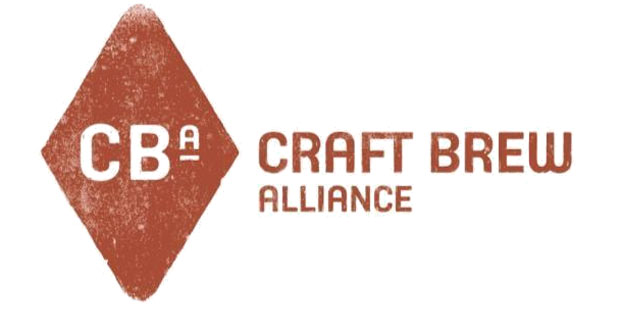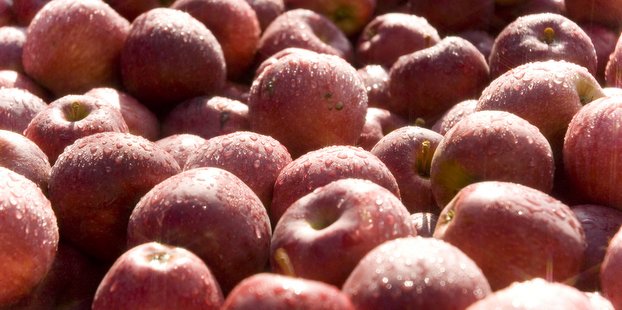
Sometimes it seems it is more difficult to define craft beer than to actually brew it. Well, it’s not the defining that is the hard part, it is the agreeing on the definition that causes issues.
If there is any sort of consensus on parameters, at least in an official capacity, it is U.S. definition from the Brewers Association. According to the BA, craft brewers are “small” (defined as an annual production of 6 million barrels of beer or less), “independent” (defined as less than 25 percent of the brewery owned or controlled by an alcoholic beverage industry member who is not a craft brewer), and “traditional” (a brewer who has either an all malt flagship or has at least 50 percent of its volume in either all malt beers or beers which use adjuncts to enhance rather than lighten flavor).
Beverage market research company Canadean announced this week that it has established its own broader, global definition of the “craft” beer category, stating “the craft beer market is currently undergoing unprecedented growth across America, Europe and Australasia. Despite the hype, there has been a lack of an industry consensus to the ‘craft beer’ definition.”
Whilst this definition has worked well locally, transferring it to other markets can prove problematic. Most consumers would define a brand such as Leffe as a craft beer, however, the brand is produced by AB-InBev, and therefore would be excluded. Similarly, when the U.K. DoomBar brand was acquired by Molson Coors, it would have ceased to be a craft beer.
In the absence of an existing global definition, Canadean says it wants to define craft beer in its own terms. Following an extensive consideration of the segment globally, Canadean presents a definition of craft beer as:
A segment primarily made up of Premium and Superpremium priced speciality beers – excluding flavored beers, super-strength lagers and Stout. This would include products made by microbreweries, but would also encompass products like the Belgian Abbey & Trappiste Beers; the French Biers de Grade; Premium English Ales; Wheat Beers; and Seasonal Beers.
“There will inevitably be areas where a subjective judgment is required,” said Kevin Baker, account director at Canadean. “This definition does mean that some brands that are not normally considered as craft beers are included. However, Canadean believes that from a consumer perspective, the line between craft and speciality is extremely vague and porous and that it makes sense to include these brands.”
We followed up with Canadean for a bit more clarity, specifically on the stated exclusion of stouts. Ida Kloster, the company’s public relations executive said the definition does include a few stouts, those produced by U.S. craft brewers, but not Guinness or other “functional” stouts where the primary driver is a combination of alcoholic strength and nourishment, due to high iron content.
“The definition is necessarily subjective, but we (the analyst team at Canadean) think it makes sense to exclude most stouts from the category,” Kloster said.
“This is a definition that we have created that encompasses both microbrews and speciality beers and provides a useful definition that includes beers defined as part of the wider ‘craft’ umbrella by both consumers and large parts of the industry. It isn’t, and we do not claim it to be, the only, or the definitive definition,” Baker added.
This information is based on findings from the Canadean report ‘The Craft Beer Phenomenon’ published in September 2013.The report is part of a mini-series on added value in the declining beer market, which also includes ‘The Premium Beer Market 2013’ and ‘Sweetening the Pils – The Market for Flavoured Beer and Beer Mixes 2013’.





Andrew Kurdelski says
Really a total failure of a definition. Firstly, their def is based off price which has inherently nothing to do with how “crafted” a beer is (statistically maybe). Second is they don’t include imperial lagers or any stout. Or well some stouts. Even then, by create a definition that already needs clarifications as with the stout category, they have already dis-proven the soundness of their definition.
A definition should be fact driven; this one is created more based on feelings. (I feel that only high priced beers are craft. I feel that stouts are not craft beer.) I could not look at this definition and apply it to a given beer. Founders Breakfast Stout is not a craft beer… well maybe….
RT @CraftBrewingBiz: New global definition of ‘craft beer’? Canadean shares its thoughts. http://t.co/j5CVTmCGdy @Canadean
RT @CraftBrewingBiz: New global definition of ‘craft beer’? Canadean shares its thoughts. http://t.co/j5CVTmCGdy @Canadean
@CraftBrewingBiz @Canadean Who paid for this consulting work?
RT @CraftBrewingBiz: New global definition of ‘craft beer’? Canadean shares its thoughts. http://t.co/j5CVTmCGdy @Canadean